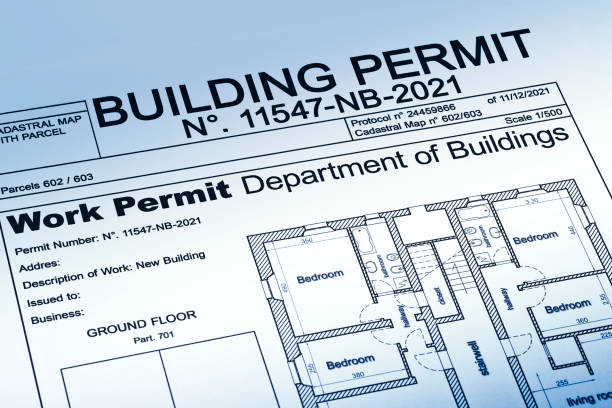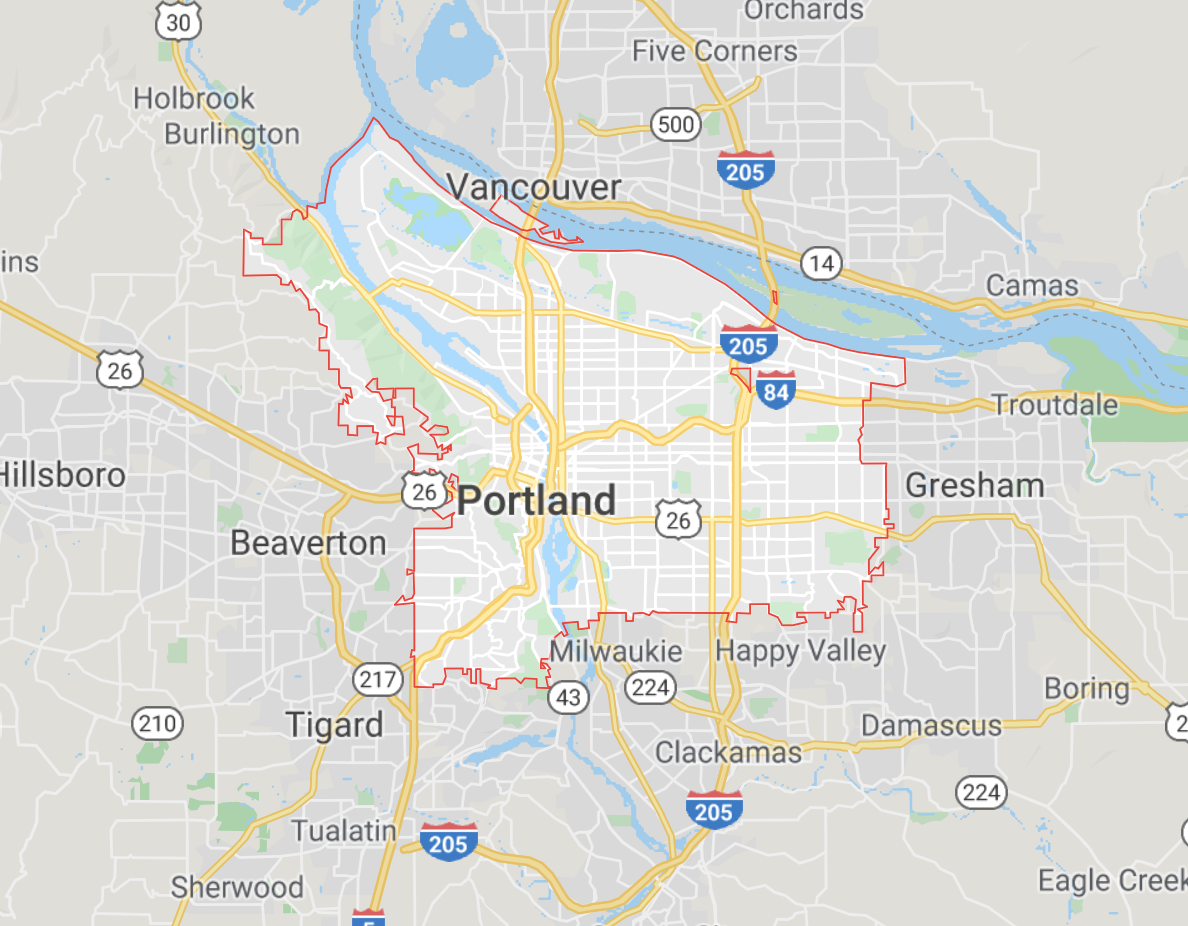I don’t want to freak you out, but this topic is very important!
The process of buying or selling a home involves a myriad of considerations. One topic that seems to go overlooked, or is at least glossed over, is building permits. Permits play a pivotal role in checking that construction or renovation work complies with local regulations, zoning ordinances and safety standards. What a lot of people don’t realize, or don’t talk about enough, is that unpermitted work can end up giving you a great big headache.
Why permits are required:
First, it’s Oregon law that you obtain permits on much of the typical work done on a home. Even if you are doing the work yourself as the home owner, this rule applies. These laws are based on safety, ensuring the work meets minimum building standards for the safety of current and future property owners and occupants.
The risks of unpermitted work:
Unpermitted work can lead to costly repairs, revisions, liability and safety issues. In some cases, it can also void homeowner’s insurance. Ultimately, the liability falls on the current homeowner.
Where it can really bite you in the butt is when selling a property or doing a project on your home that requires a building permit (think: kitchen remodel, adding a bathroom, finishing out a basement, etc.). It’s becoming more common that buyers, and/or their real estate agent, do public record research to see if a home has the proper permits finalized within the inspection period. If something minor doesn’t have a permit, this is often overlooked. However, major work on a home is being flagged more often in a transaction and can cause a host of issues including requests for a price reduction, requiring that permits be obtained before closing or backing out of the transaction entirely.
Major unpermitted work on a home is becoming more and more tolerated than back when I started in this business 20 years ago. I believe this trend will continue and when we transition back to a buyer’s market, it will become an even bigger headache for homeowners selling a home that has significant unpermitted work. That being said, don’t despair if you do have unpermitted work! I have sold many of homes with this issue and there are a few important things I suggest:
Be transparent about your knowledge of unpermitted work.
Talk to your real estate agent in advance of listing to see if it’s realistic to get the permit closed before you list your home. In some cases, it’s simply not an option, but many times it’s not as big of a deal as you might think.
As a buyer, it’s very important that you make sure to check any home’s permit history during your inspection period (more on how to check permit records below). Especially if the home looks to have anything that isn’t showing up on the tax records, I would highly encourage a buyer to look into this topic as part of their due diligence.
So, when are permits required and how do you check for them?
When permits are required:
Permits are required for any new construction or alterations and additions to existing buildings. This includes: electrical, structural, plumbing and mechanical. Some of the common work that requires a building permit:
Building a one-two family dwelling
Finishing an attic, garage or basement to create living space
Building, demolishing or adding a room, garage, shed, or other enclosed structure attached to a house
Adding or enlarging a porch/patio cover, carport or other open-sided roofed structure*
Enclosing a patio cover, porch or carport
Cutting new window or door opening or increasing the size of existing openings
Moving, removing or adding walls
Building a deck (more than 30 inches high)
Putting up a fence (more than six feel high)
Moving more than 10 cubic yards of earth
*with a cumulative area greater than 200 square feet that is attached to a house
How to check permit records for a specific property:
PortlandMaps.com is a fantastic resource for permitting and beyond. Type in the address and you’ll be able to see various information connected to the property, including permits. Please note that this only includes information available on permits issued on or after June 1, 2012. It’s also not 100% accurate. In order to get the most comprehensive and accurate information available, fill out a Research Request Form via the Bureau of Development Services.
The Bureau of Development Services (BDS) oversees the permitting process and ensures that all structures meet safety and zoning requirements: portland.gov/bds | 503-823-7310 | bds@portlandoregon.gov
Building permits, or lack thereof, are just one of the many things you should be aware of when selling, but especially when purchasing, a home. I can help you every step of the way if you are thinking about buying, selling or both this coming year! You can get in touch with me at traceyhenkels@gmail.com or 503.715.6140.


